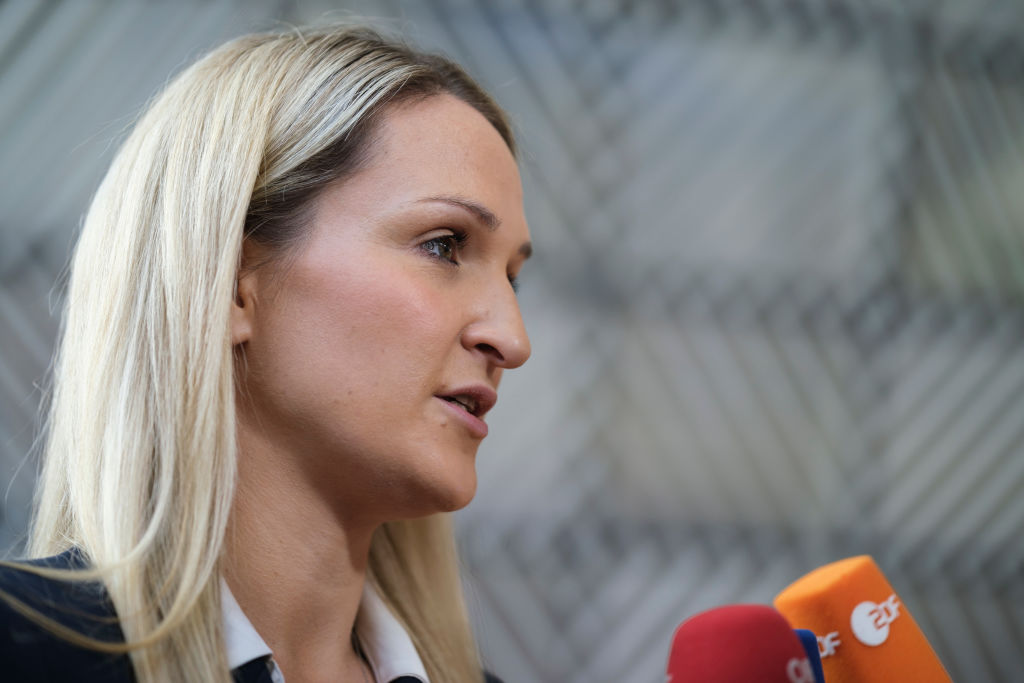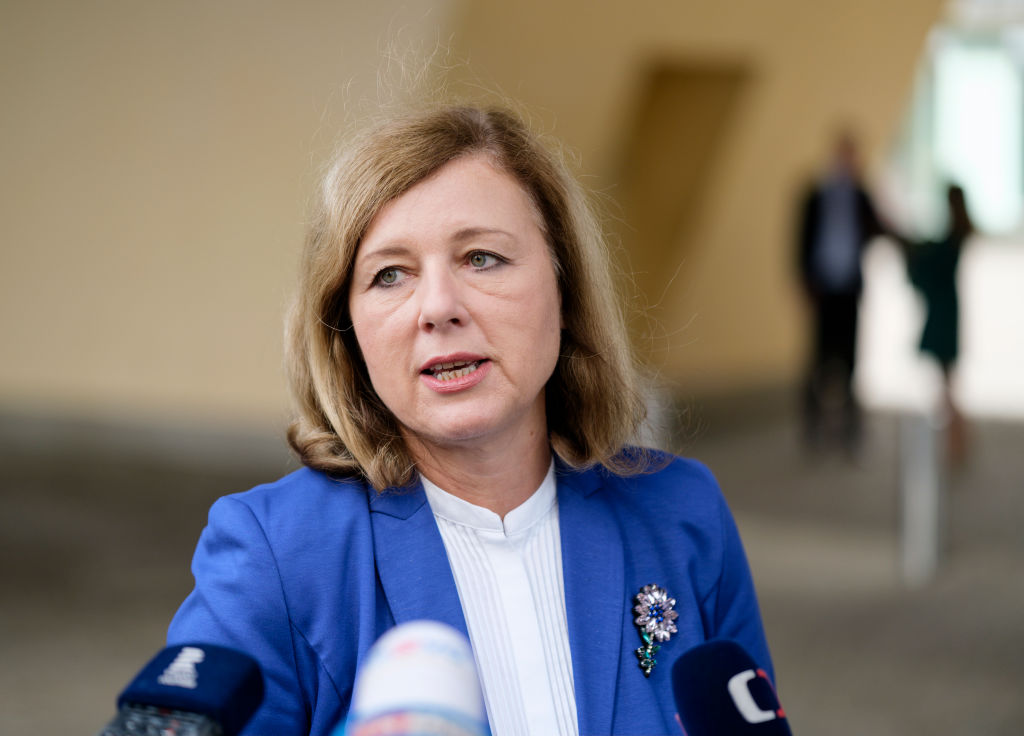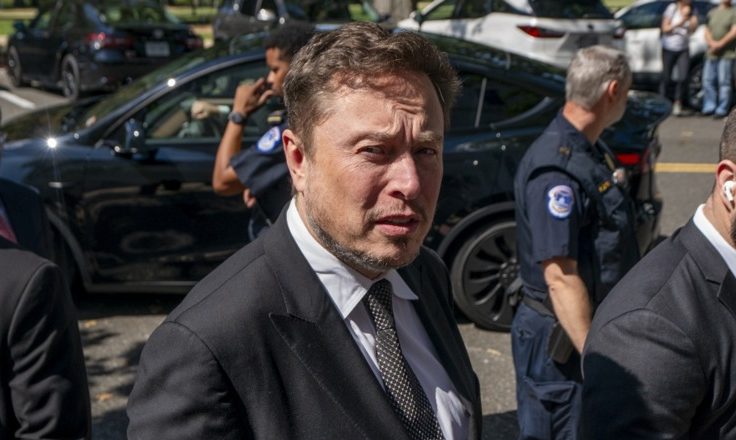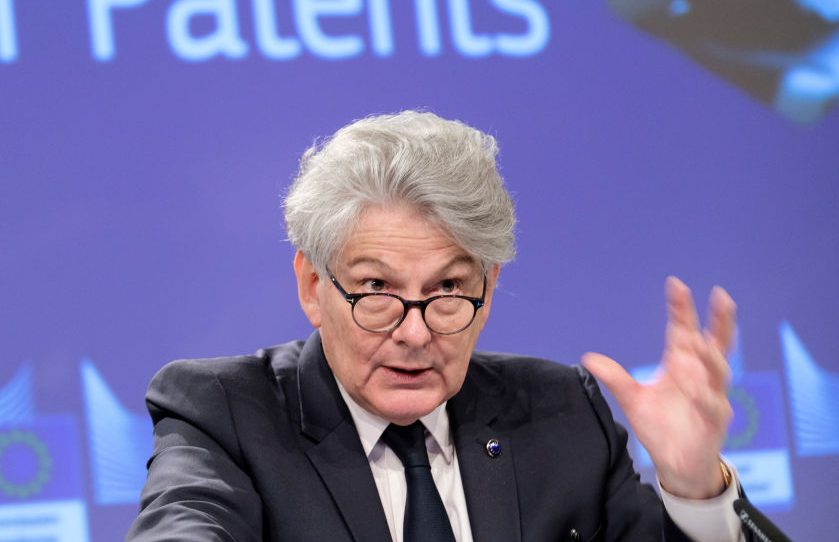The European Commission is mulling a further regulatory crackdown on Elon Musk’s X, the body said.
In the wake of multiple Digital Services Act (DSA) investigations into the company, the EC said it will now consider whether certain elements of the Digital Markets Act (DMA) – aimed at ensuring fair competition within the European Union – also apply to Musk’s platform.
According to an EC press release, X, TikTok owner ByteDance and hotel-reservation website Booking.com might be subject to increased regulation under the DMA. That is because some of their products may be considered “core platform services”.
Under the DMA, products such as search engines, operating systems, app stores and messenger services can all be regarded as core services should they “have 45 million monthly active end users and 10,000 yearly business users”, while also being judged to “have a significant impact on the market and have a stable market position”.
If any of X’s offerings are judged to meet that criteria, the company will be forced to implement various changes to that specific product to give third-party companies easier access to it, which the EC states helps to ensure market competition.
Any such changes would have to be implemented within six months of a DMA designation.
A US Senator has accused the country’s Federal Trade Commission of working with the European Union to help it impose its online censorship laws. https://t.co/SOnREIFUim
— Brussels Signal (@brusselssignal) August 24, 2023
News that X may be subject to increased EU regulation came amid the bloc’s continued war against the social media firm and Musk.
European politicians have frequently attacked the platform since it his takeover of it in 2022, with the US billionaire’s promise to “protect free speech” in particular earning the wrath of many on the continent.
The bloc’s self-styled “digital enforcer”, Thierry Breton, has led the charge, having threatened to see X thrown out of the EU using the DSA if Must does not agree to implement the union’s censorship regime.
“The bosses of these platforms can no longer hide, at least not in the European Union,” he said last year, having previously accused Musk of allowing his platform to be used to “disseminate illegal content & disinformation”.
Europe made good on its threat of a DSA-based clampdown late last year, launching a formal investigation in December into whether X breached elements of the DSA.
If found to have broken the rules, X could incur a penalty of up to 6 per cent of its global annual revenue.
While the DSA and its possible implications for free speech have received the lion’s share of media coverage over the past year, Big Tech firms generally seem more concerned with the DMA.
Apple has been the greatest corporate opponent of it, accusing the EU of introducing “unavoidable increased privacy and security threats” with the regulation.
The DMA has also earned the ire of US lawmakers, with Republican Senator Ted Cruz attacking it as exclusively targeting American companies.
According to Cruz, the “draconian” DMA “damages the competitiveness of US firms and could negatively affect the savings of millions of Americans who hold stock in those companies via retirement savings accounts and pension plans”.
He has also raised concerns about a recently set-up EU office in San Francisco, which he postulated aims to help impose both DSA and DMA rules on US companies.
Margrethe Vestager, European Commissioner for Competition, is to attempt to exert pressure on the CEOs of Apple and Google during her ongoing US trip as the European Union looks to fully implement the Digital Markets Act. https://t.co/cyg6Zn4Tl9
— Brussels Signal (@brusselssignal) January 12, 2024





